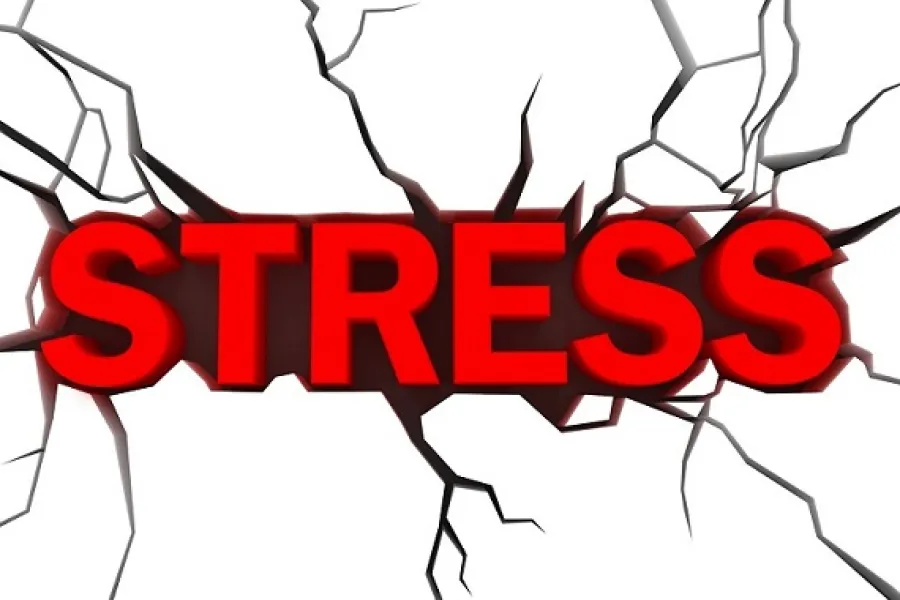
By Gemma Hunt
Cruising is one of the most popular past times for discerning travelers, yet those who work on cruise ships know that there is one challenge that can sometimes wrest from their health and wellbeing: stress. It is no surprise to discover that stress-related conditions such as anxiety and depression are the most common mental conditions on a global scale. When we suffer from depression, stress can make us unmotivated and uninterested in the things we used to love, or make it impossible to find the required energy to do our job. Anxiety, meanwhile, can invoke our ‘fight or flight’ response, causing our breathing and heart rates to increase, and sometimes leading to full blown panic attacks, in which we hyperventilate, feel an intense fear we are going to faint or die, or simply begin worrying obsessively about people or situations in an ‘unrealistic’ fashion. At sea, the problem can be even more intense because we cannot really invoke our sense of ‘flight’; during a panic attack, we are ‘stuck’, as it were, onboard, and the sensation can seem more claustrophobic than a land-based panic attack.
If you are facing depression and/or anxiety, it is vital to obtain help from a team that may include your doctor and psychologist. More severe forms of depression and anxiety often require medication (sometimes for a fixed period), because the condition can be very serious, owing to its link to suicidal thoughts and actions. In addition or as an alternative to medication, Cognitive Behavioral Therapy (CBT) is often prescribe; its aim is to enlighten individuals on healthy ways to respond to stress and sadness. CBT emphasizes the link between how we feel, think and behave; by changing one of these three facets in our lives, there can be quite dramatic and positive changes in other areas. CBT is also used with anxiety; individuals are taught to recognise the thinking patterns that can offset a panic attack, or the situations and people that can add to stress.
If you are worried about the expense involve in obtaining help, be aware that health plans cover the services of psychologists or psychiatrists; many individuals are unaware of this fact and soldier on alone without receiving the help they need. Contact your insurance company and find out your exact entitlements; if you need additional health coverage, talk to your company about extending your cover. Note that the federal parity law requires insurance companies to treat mental coverage equal to medical or surgical coverage. Rather than allowing the problem to grow worse, obtain professional helps as soon as possible; you may just be surprised at how quickly you start noticing positive change.
In addition to therapy, there are many natural ways that you can battle stress while you are on board. Mindful meditation, with its focus on ‘the here and now’, is one of these methods. Mindful emphasizes the importance of allowing ourselves to feel all emotions and entertain our true thoughts – even the negative ones, without judging ourselves or trying to push them away. A meditation session often involves controlled breathing, which is a powerful antidote to the ‘fight of flight’ response.
Yoga is another ancient practice making huge waves on the international health and wellness scene. It is, thus far, an important component of therapies at rehabilitation centers, centers for eating disorders, and those for elderly patients with Alzheimer’s. The secret to yoga’s success is similar to that of mindfulness meditation: its ability to lower levels of stress hormone, cortisol, in a dramatic fashion. Yoga also incorporates pranayamic (controlled) breathing and asanas (poses), thus emphasizing control over body and mind. It is also a proven way to battle pain (such as chronic back pain and migraines), which, when present, can further wrest from our motivation or add stress to our lives.
In addition to commencing an holistic activity like yoga, mindfulness meditation or even Tai Chi, try to perform as much exercise as you can. Research has shown that cardiovascular activities such as brisk walking, running or swimming are highly effective at improving the mood, lowering stress, lessening fatigue and improving concentration. Exercise is also a natural anti-depressant, since it produces feel-good endorphins, which act as natural painkillers and promote a better night’s sleep. Some studies show that exercise works as well as popular medications for battling stress, so unless your anxiety or sadness is severe, try a natural approach under supervision of your doctor.
Crew Insights
Articles and experiences shared by crew members working on cruise ship. Find out more about ship life at sea together with tips and advices for first time crew members and cruise oldtimers.












